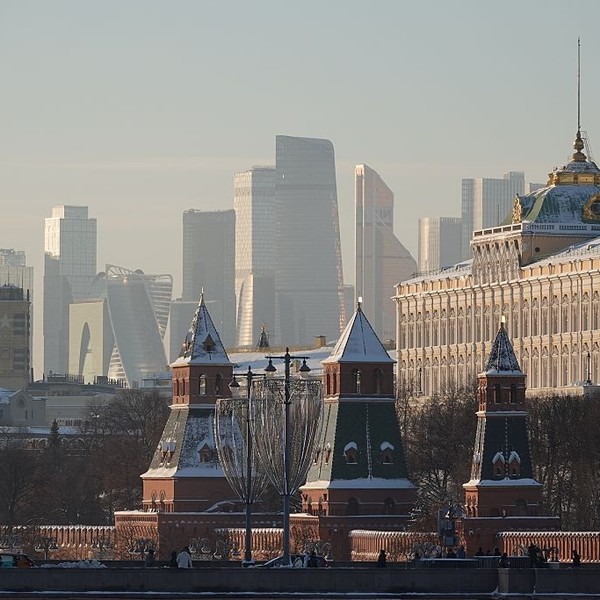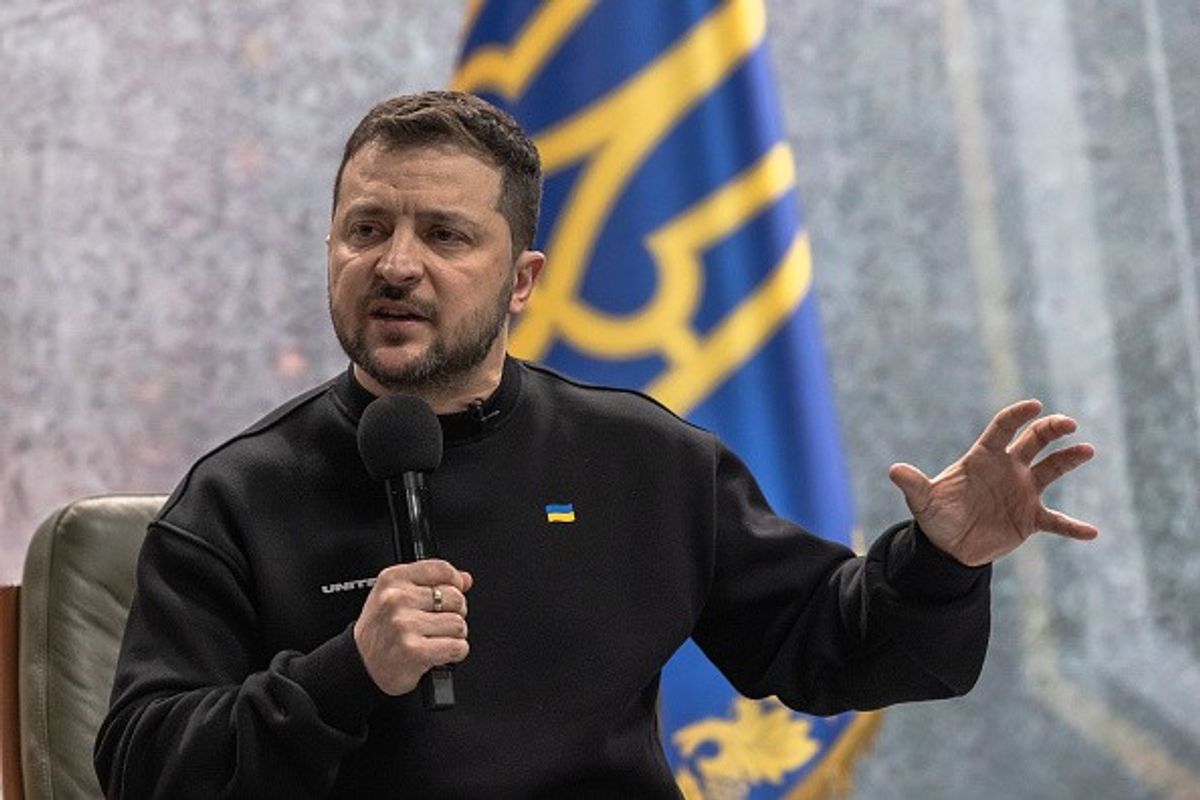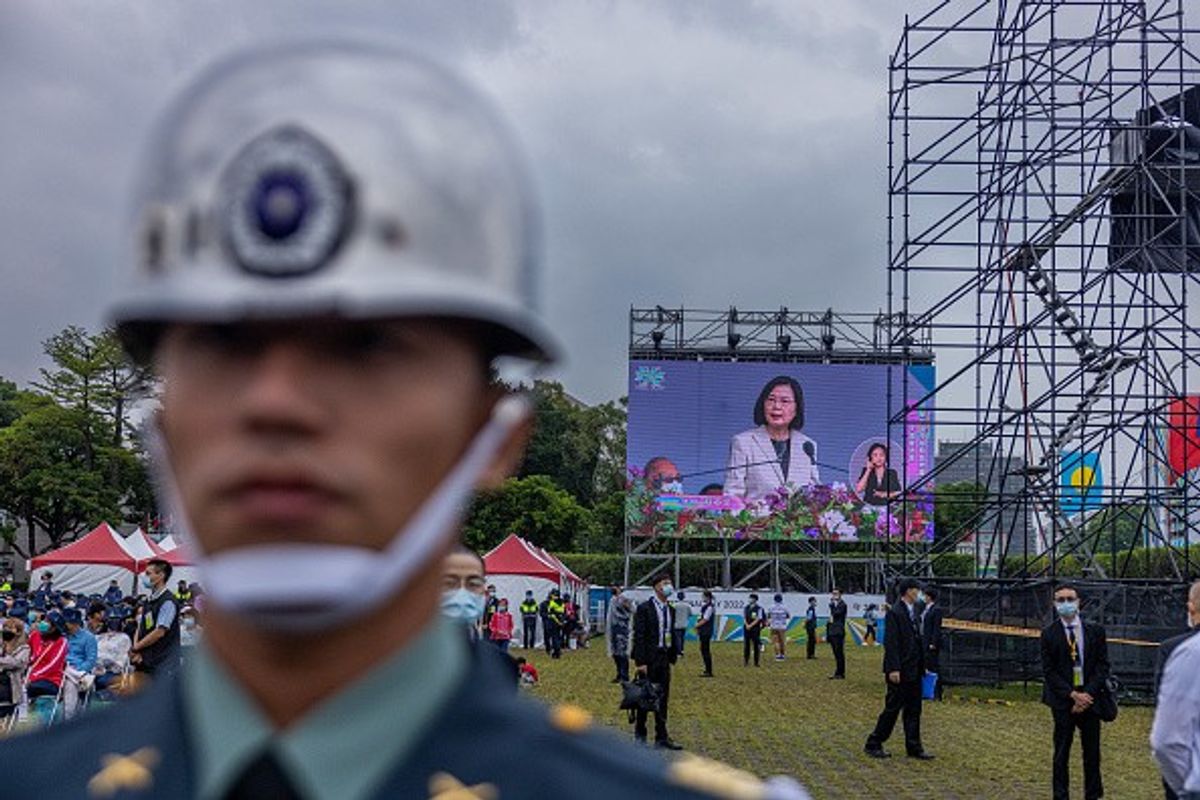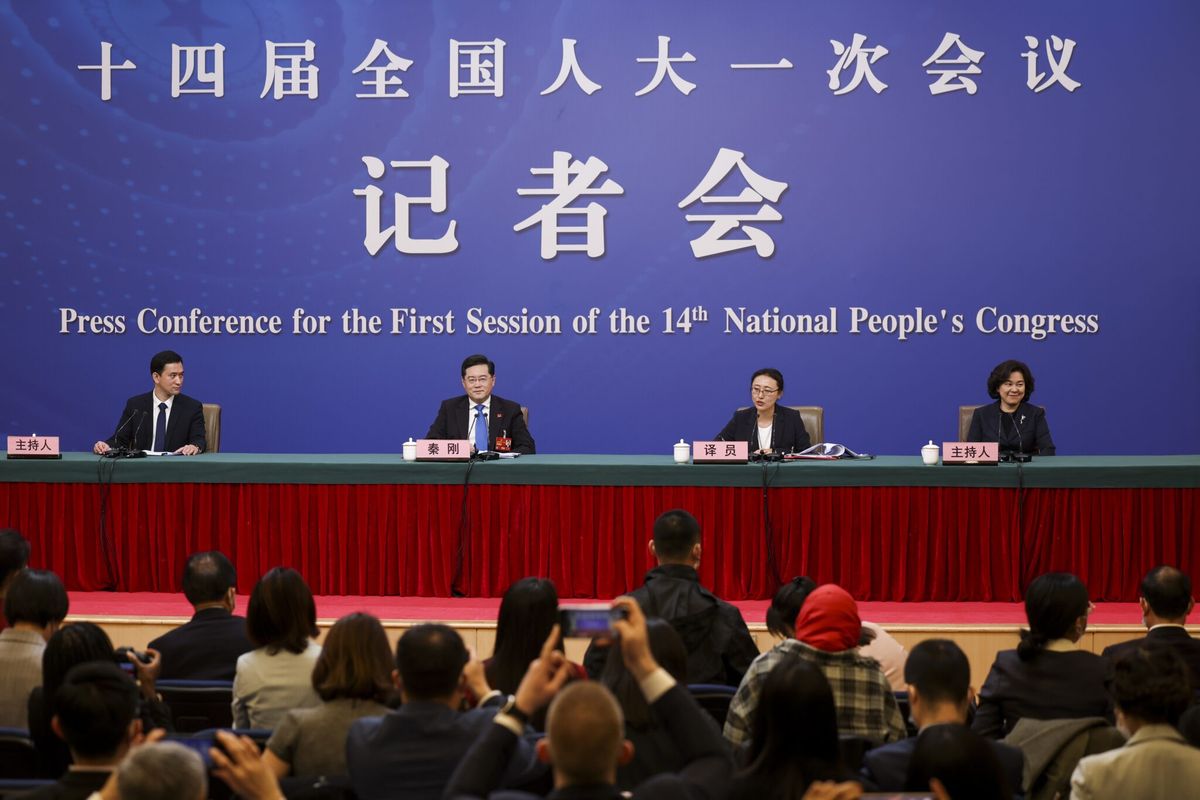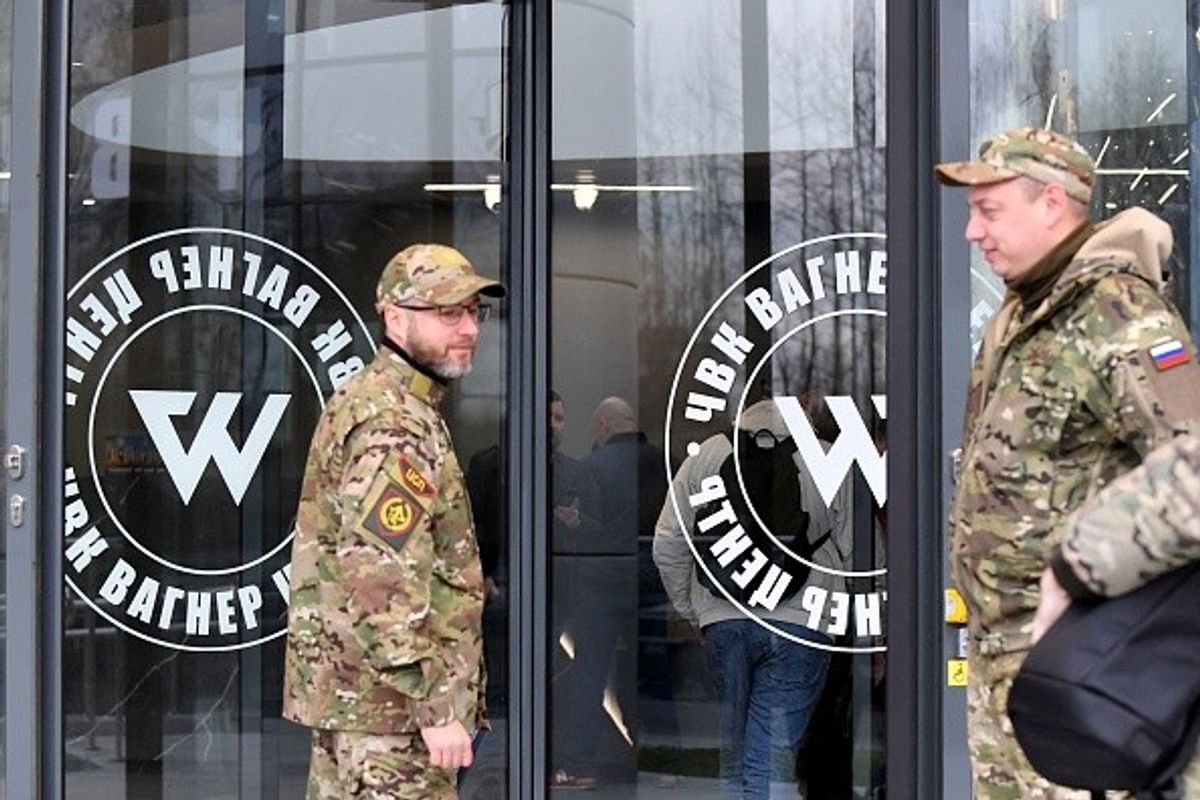EXPERT Q&A
The Cipher Brief: Several media assessments suggest that within Ukraine, Russia will turn “dirtier and more dangerous,” replaying to a certain degree past tactics in Chechnya and Syria, and brandishing the nuclear threat. What implications would shifts toward more desperate Russian measures have for Ukrainian resolve, and Western support?
Fishwick: I fear that these assessments are right, at least in the short-term. But if Russia resorts to using Syria-style terror tactics it will be making a big mistake because the resolve of Ukraine and the West to stand firm to me looks fixed. There is nothing President Putin can do, and he will be trying all sorts of things, to change that. Virtually the only thing anyone likes about the new government in London is its firm stance on Ukraine so that will be maintained. The Russians know there will be a response if they fight dirtier and that must give them pause for thought. I doubt whether it would play well with their own base either. Russians do not see Ukrainians as some historic enemy, quite the reverse, and brutal, Stalin-type tactics to kill Ukrainians will further undermine domestic support for Mr. Putin.
The Cipher Brief: The approach of winter – both for its military impacts and availability of energy supplies – is thought to hand Russia some advantages. How do you assess the effects, and importance of, the shift in seasons for Russia, and Europe?
Fishwick: There is a winter risk. Regarding energy, this needs to be watched and there will be tensions within the European Union but I think the firmness of the European response to the Russian invasion took Mr. Putin by surprise and my hunch is that Europe will stand firm. And time is not necessarily on the Russian side. I can't see Ukrainian resolve easily weakening while the toll of economic pain felt by the Russian people is getting cumulatively worse.
The Cipher Brief: Was Putin's military mobilization aimed at simply stalemating the battlefield, or did Moscow expect the mobilization to shift the conflict in its favor? What risks does mobilization entail on the battlefield, and on the level of popular support for Putin at home?
Nick Fishwick: There are some obvious risks in the mobilization. It clearly is not popular. It is causing a corresponding upsurge of "Russia besieged" rhetoric designed to con Russians into thinking they are under attack from the West — 1941 all over again; "la patrie en danger." So feelings are becoming more volatile. There is a risk that the reservists are incompetent and/or brutal. The critical question for months has been what signs are there of threats to Putin's position? Western governments will have been focused on this. I hope I am wrong but I fear not many signs are being seen.
The Cipher Brief: How should Ukraine and its Western allies respond to Russian mobilization? How might Moscow’s decision signal an escalation of threats, and does the move change Ukraine’s and the West’s military and diplomatic (negotiated settlement) options?
Fishwick: I think Ukraine and the West have to continue as they are, with caution. Russian mobilization is hardly a statement of confidence in the previous Russian military effort and we would have known that if Ukrainian resistance was to succeed, as it has succeeded, then the Russians were bound to respond by upping the ante. Negotiated solution options will be narrow. Ukrainians do not look likely to settle for loss of their territory and Western public opinion is with them; the war continues to go well for Ukraine; on the Russian side annexation of Ukrainian territory and wild statements about nuclear deployments are not creating the conditions for a realistic settlement.
Subscriber+Members have a higher level of access to Cipher Brief Expert Perspectives on Global Issues. Upgrading to Subscriber+ Status now.
The Cipher Brief: What impact will Russia’s annexation of partially occupied territories have on the conflict going forward?
Fishwick: The "referenda" have happened and Russia has annexed the four regions even if Ukraine is still in control of much of those regions. Ukraine and the West have to treat the referenda as a sick joke and carry on trying to free Ukrainian territory of Russian invaders. How far Putin will go, now that he is claiming that the eastern regions are his and he is defending them, is one of the big questions. Hitherto whenever he has lost he has increased his stake rather than cut his losses. But the West cannot back down.
Read more expert-driven national security insights, perspective and analysis in The Cipher Brief




